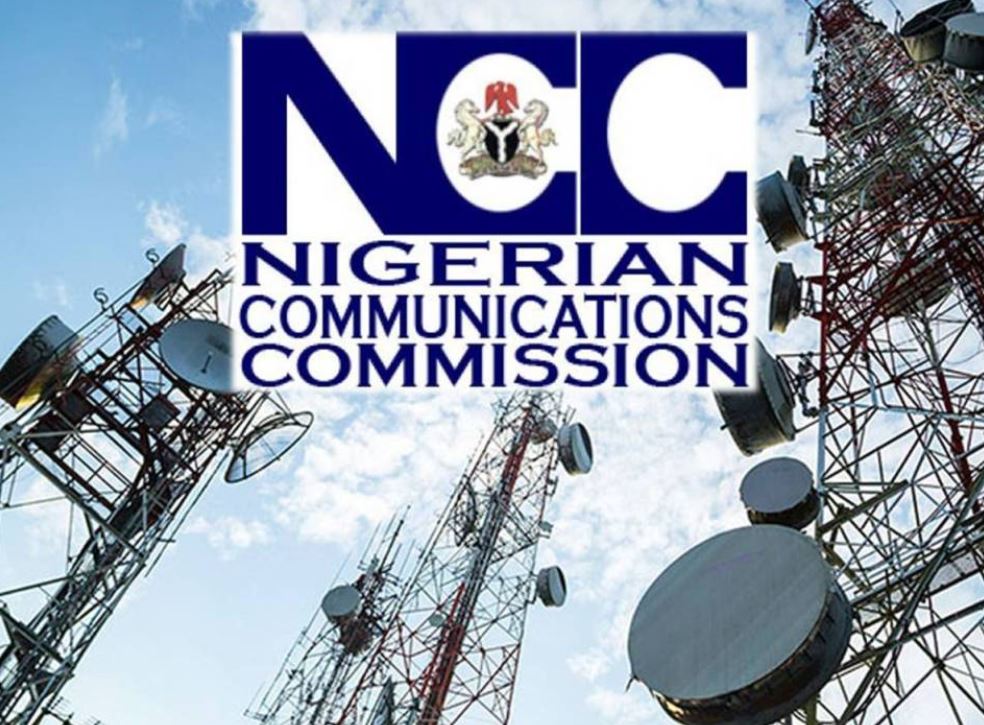To increase accountability and transparency in the telecom industry, Nigeria’s telecom regulator has mandated that operators inform customers of network outages and compensate them for service interruptions lasting longer than 24 hours.
The Nigerian Communications Commission (NCC) announced the directive in a statement on Sunday, signed by Nnenna Ukoha, acting head of public affairs. The new rules aim to hold service providers to account and improve the user experience.
Under the new rules, internet service providers, mobile network operators, and other last-mile service providers must notify customers of significant disruptions through media outlets.
Operators must disclose the cause of the outage, the locations affected, and the anticipated time frame for service restoration. They must also provide at least one week’s notice before any planned maintenance or service interruptions.
All four major network operators experienced network outages in May
The NCC’s Uptime portal revealed that all four major operators—MTN, Airtel, Globacom, and 9mobile—experienced outages in May.
Globacom reported 13 incidents, while 9mobile reported 11. These outages were primarily caused by fibre cuts and power issues in states like Lagos, Rivers, Ogun, and the Federal Capital Territory.
In states like Benue, Imo, Akwa Ibom, Bayelsa, and Abia, MTN and Airtel reported five and four incidents, respectively, involving disruptions caused by fiber damage.
Millions of customers in both urban and rural areas experienced poor service quality, dropped calls, and extensive internet disruptions as a result of these outages, which were brought on by road construction, vandalism, and equipment theft.
In compliance with the NCC’s Consumer Code of Practice Regulations, the directive, which goes into effect immediately, requires proportionate compensation, such as extended service validity for outages longer than 24 hours. This holds true for Internet service providers, mobile network operators, and other last-mile service providers.
Definition of major outages
The NCC defines major outages as any unplanned outages that affect 100 or more sites, 5 percent of all sites, or one cluster for 30 minutes or more; any deterioration in network quality in the top 10 states by traffic volume; or disruptions that affect at least 5 percent of an operator’s subscriber base or five or more local government areas due to events like fiber cuts, vandalism, or force majeure.
Operators must record all significant incidents through the Major Outage Reporting Portal, which the NCC has launched on its website (www.ncc.gov.ng) in order to enforce compliance. In an effort to prevent sabotage of vital telecom infrastructure, the public portal will also identify the organizations causing disruptions.
In support of this, the Commission has also instructed operators to report all significant outages via the Commission’s Major Outage Reporting Portal, which is publicly available via the Commission’s website, www.ncc.gov.ng. The portal also reveals the identity of the person who caused the disruption.
Commitment to protect network infrastructure
The Director of Technical Standards and Network Integrity, Edoyemi Ogor, commented on the Directive and the Major Outage Reporting Portal, saying, “The Commission has trialled the reporting process and portal with operators for some months now before issuing the directive.”
“By providing consumers and stakeholders in the telecommunications industry with timely and transparent information on network outages, we are entrenching a culture of accountability and transparency. This approach also ensures that culprits are held responsible for sabotage to telecommunications infrastructure.”
“This also aligns with our broader commitment to the effective implementation of the Executive Order signed by President Bola Ahmed Tinubu, which designates telecommunications infrastructure as Critical National Information Infrastructure. It reinforces the need to safeguard these assets, given their centrality to national security, economic stability, and the everyday lives of Nigerians,” Ogor said.
















